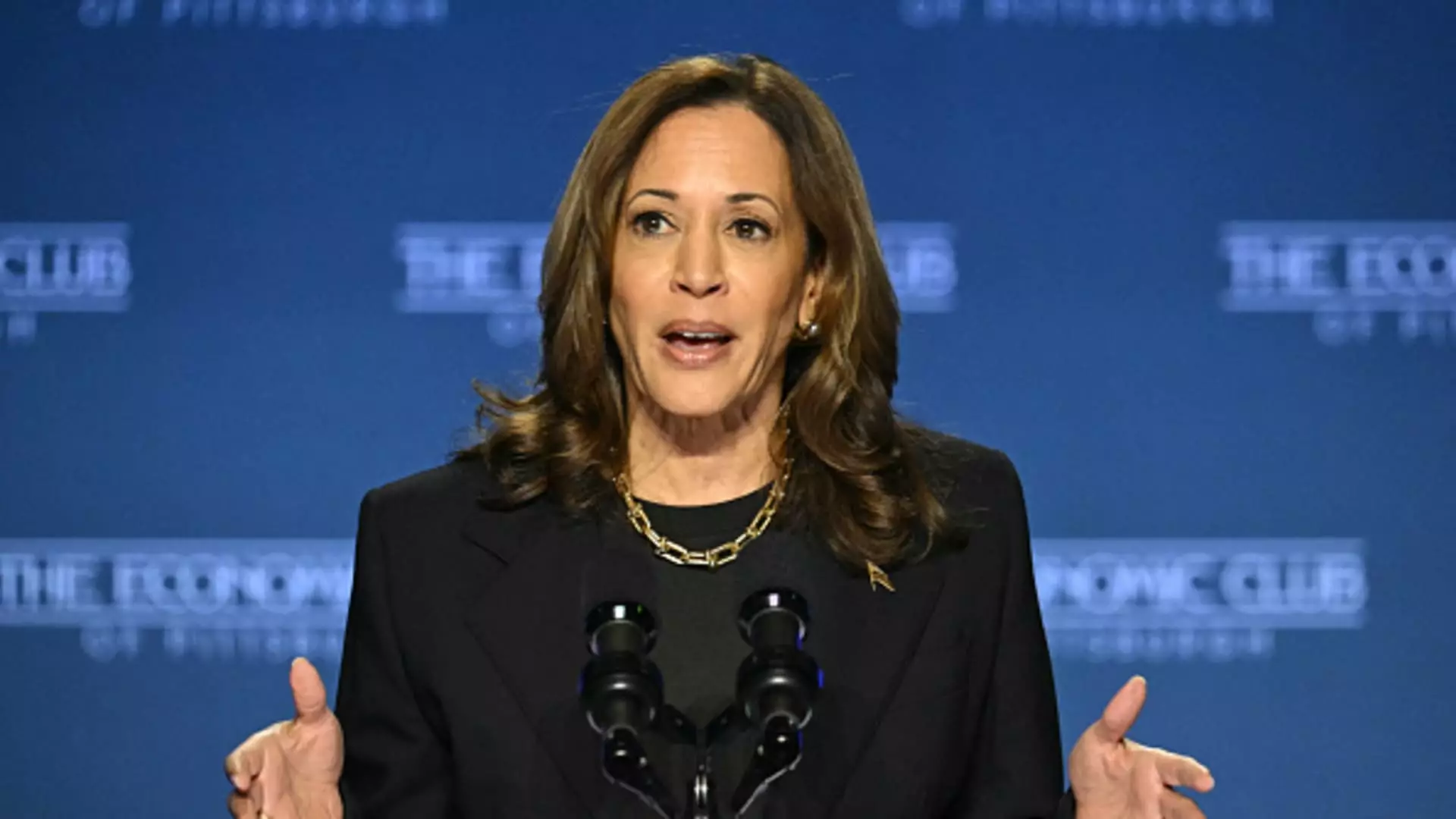A recent UBS survey reveals intriguing voting intentions among millionaire investors, highlighting the dichotomy between electoral choices and economic perceptions. While a significant 57% of wealthy investors are inclined to cast their votes for Vice President Kamala Harris this November, 43% still favor former President Donald Trump. This statistic is particularly striking given that the same group assigns a higher economic performance rating to Trump compared to Harris. This paradoxical trend underscores the complexities of voter sentiment influenced by varying focal points in the current political climate.
Breaking down the preferences further, Harris appeals to an overwhelming 91% of surveyed Democratic millionaires, while only 12% of Republicans are leaning towards her candidacy. Conversely, Trump boasts significant support from 88% of Republican millionaires, while only 9% of Democratic millionaires express their allegiance to him. Additionally, 60% of independent millionaires lean towards Harris, showcasing a nuanced engagement across the political spectrum. This division not only reflects party loyalty but also suggests the significant impact of individual economic values on voter decisions.
Unsurprisingly, economic issues dominate the voting priorities of millionaire investors. A staggering 84% identified the economy as their primary concern ahead of the upcoming election, followed closely by Social Security (71%) and taxes (69%). These statistics echo broader national trends where economic performance is foundational to voter sentiment. Despite their support for Harris, many investors credit Trump with being better equipped to handle economic challenges, with a tight 51% voting for Trump over Harris regarding economic capability.
Taxation Views: Contrasting Proposals
The taxation debate further illustrates the divide between these two candidates. Trump advocates for an extension of the 2017 tax cuts, creating an environment favorable for high-income earners. In contrast, Harris proposes capping these tax cuts for individuals earning less than $400,000 annually, coupled with increased tax obligations for the wealthy and corporations. This stark contrast in tax policy resonates differently among millionaire investors, who, despite their support for Harris, acknowledge Trump’s favorable rating on tax matters, with results showing 52% preferring Trump over Harris on this front.
Regardless of their electoral preferences, millionaire investors are notably optimistic about economic prospects. More than half (55%) of those surveyed express high confidence in the economy—an encouraging rise from 43% during the turbulent 2020 election period characterized by the COVID-19 pandemic. This optimism extends to their investment strategies, with a notable 75% feeling hopeful about portfolio returns in the coming months. Interestingly, an overwhelming majority plan to make adjustments based on the election outcomes, displaying a proactive approach to navigating potential shifts in the market landscape.
Millionaire investors present a complex and multifaceted picture when it comes to their voting preferences and economic beliefs. As the election looms, the interplay between economic performance assessments and political loyalties will undoubtedly influence investment strategies and market dynamics, irrespective of who ultimately claims victory.

Leave a Reply